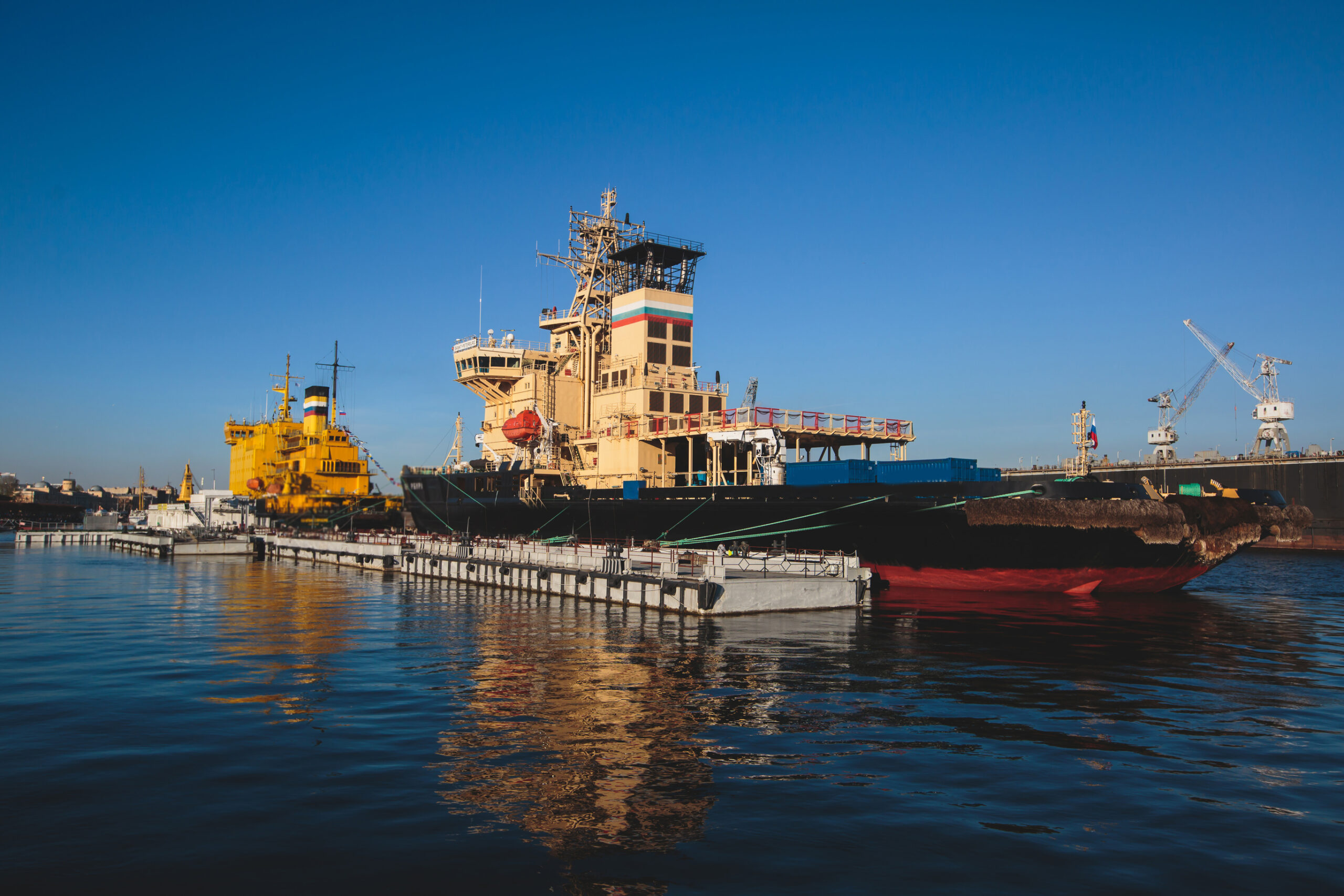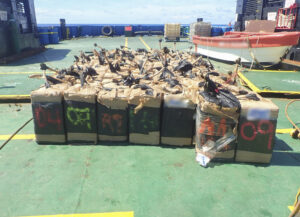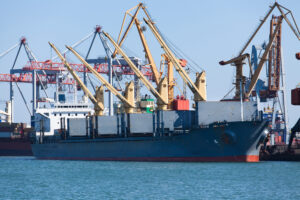US and Sweden agreed to finalize a new nuclear development deal, a technology that’s favored by the Nordic nation to boost its power capacity.
New nuclear technologies are increasingly being considered and developed for shipping as defence and civil offshore applications underpin the case for their adoption, highlights the class society Lloyd’s Register.
The latest agreement with the US aims to strengthen cooperation between the two countries to support the development of new nuclear power.
Sweden’s Minister for Energy, Business & Industry, Ebba Busch, has signed a memorandum of understanding (MOU) on bilateral nuclear cooperation in Washington DC with US Secretary of Energy Jennifer Granholm.
The MoU means that Sweden and the United States will exchange experience on issues related to policy, research and innovation related to supply chains, financing models, skills supply and development of advanced nuclear fuel.
Both Sweden and the United States have extensive experience of nuclear power and there are plans in both countries to develop it.
The Swedish government has taken several measures to make it possible to put into place new nuclear power with a total output of at least 2 500 MW by 2035.
“Sweden and the United States will now cooperate on nuclear power. This is good for Sweden, the United States, the labour market and competitiveness. Our countries enjoy longstanding and good relations and I look forward to strengthening our cooperation and knowledge exchange in the area of nuclear power,” said Sweden’s Minister Ebba Busch.
In its most recent expert-led assessment of nuclear solutions in the Zero-Carbon Fuel Monitor, the Lloyd’s Register Maritime Decarbonisation Hub, a joint initiative between Lloyd’s Register and Lloyd’s Register Foundation, points to improvements in nuclear-power technology readiness levels with offshore applications increasingly being proven.
However, despite these technological advancements, community readiness levels (CRLs) remain affected by public perception of the nuclear industry and investment readiness levels (IRL) are low due to uncertainties around the wider uptake of nuclear technologies in commercial shipping.
Recently the Greek Prime Minister Kyriakos Mitsotakis also emphasised the importance of nuclear energy for Europe’s energy self-sufficiency during the 28th Annual Economist Government Roundtable conference.
He stated, “There is no way [for Europe] to reach carbon neutrality without nuclear power.”
“Europe was and still is a leader in nuclear technology,” he said, adding that “Greece is not a country that has nuclear energy.”
His comments gain significance as Europe strives to reduce dependency on Russian energy.



